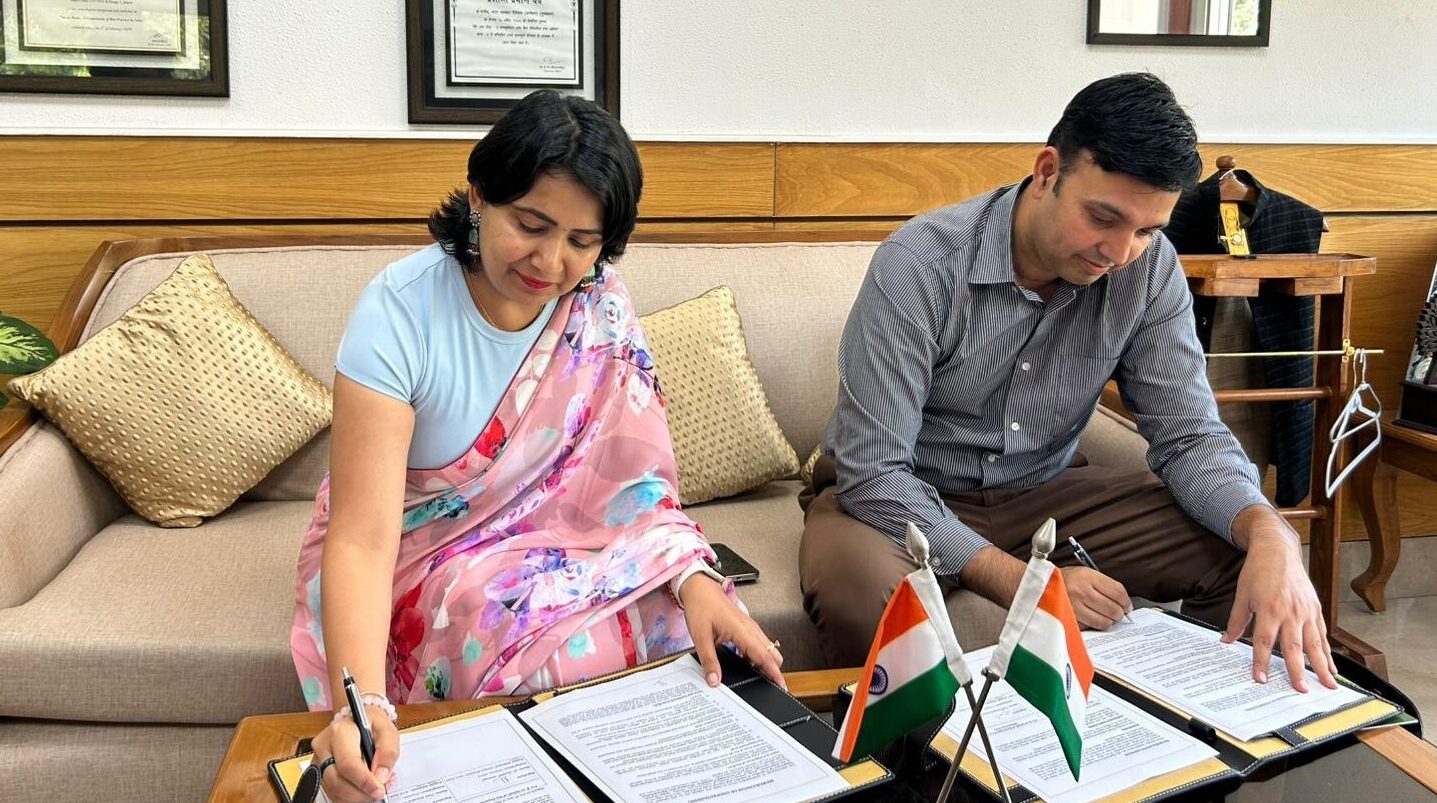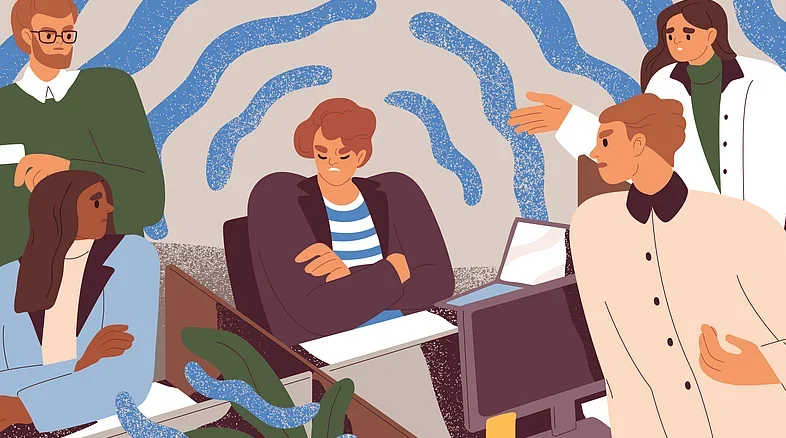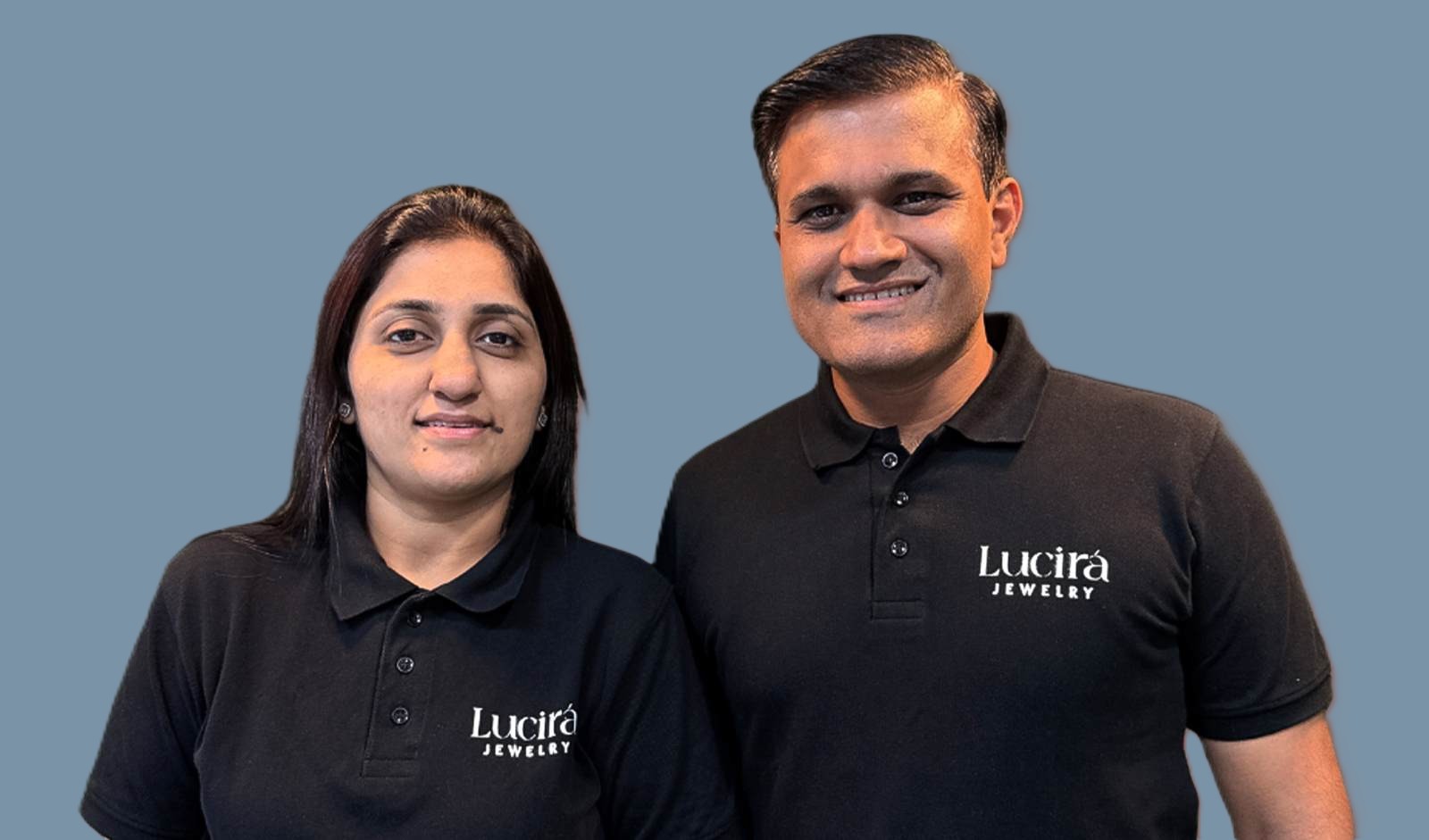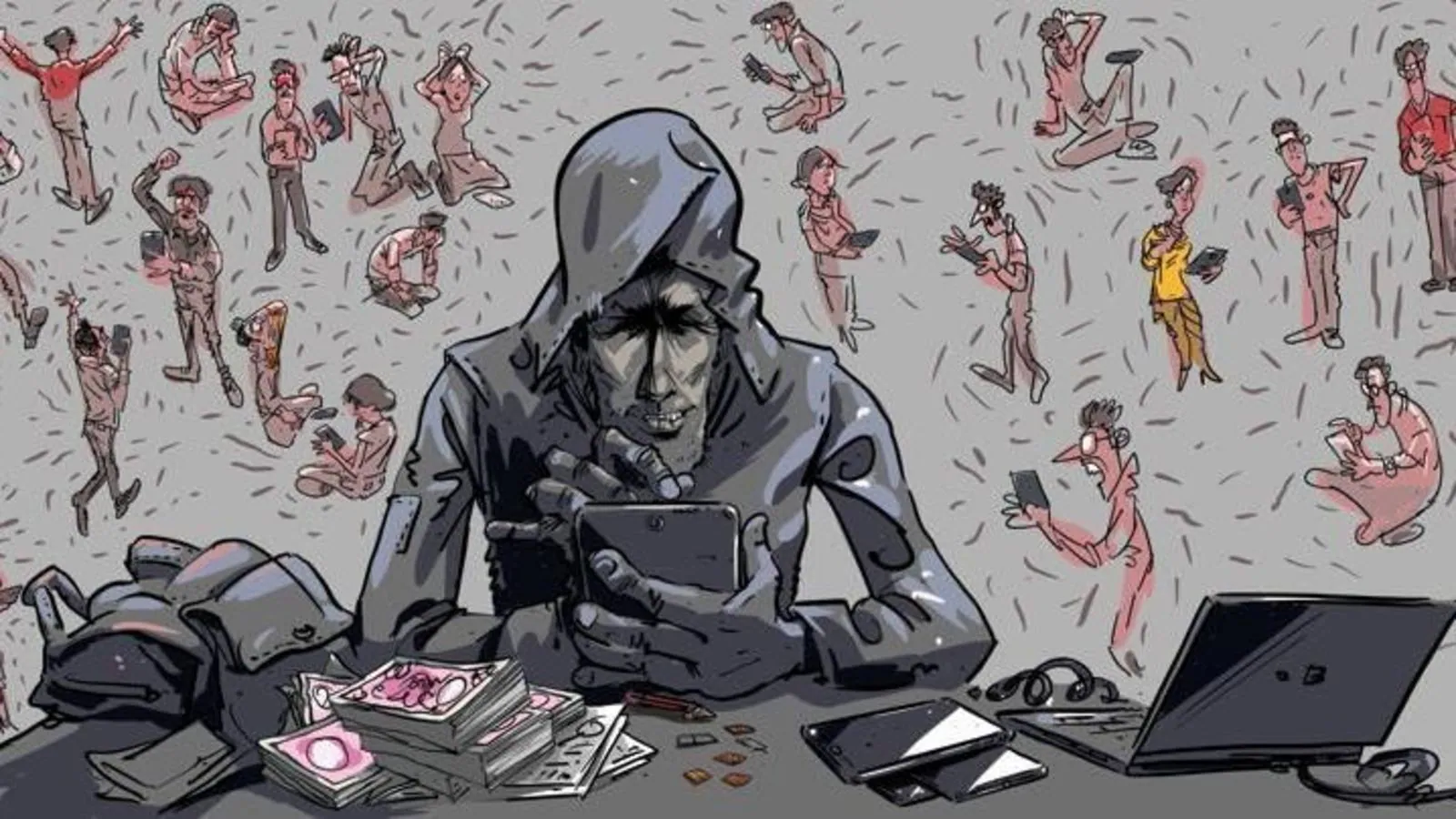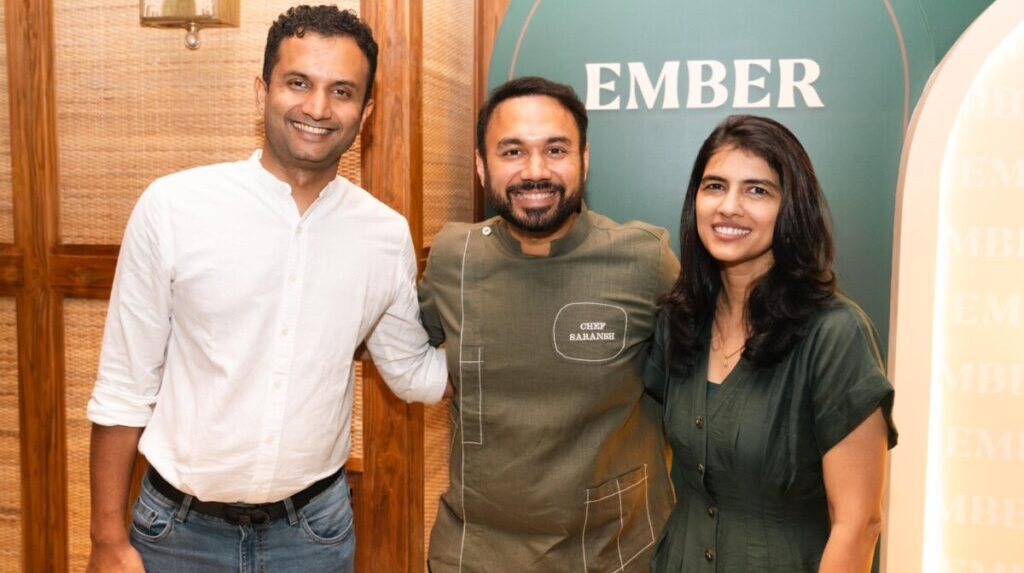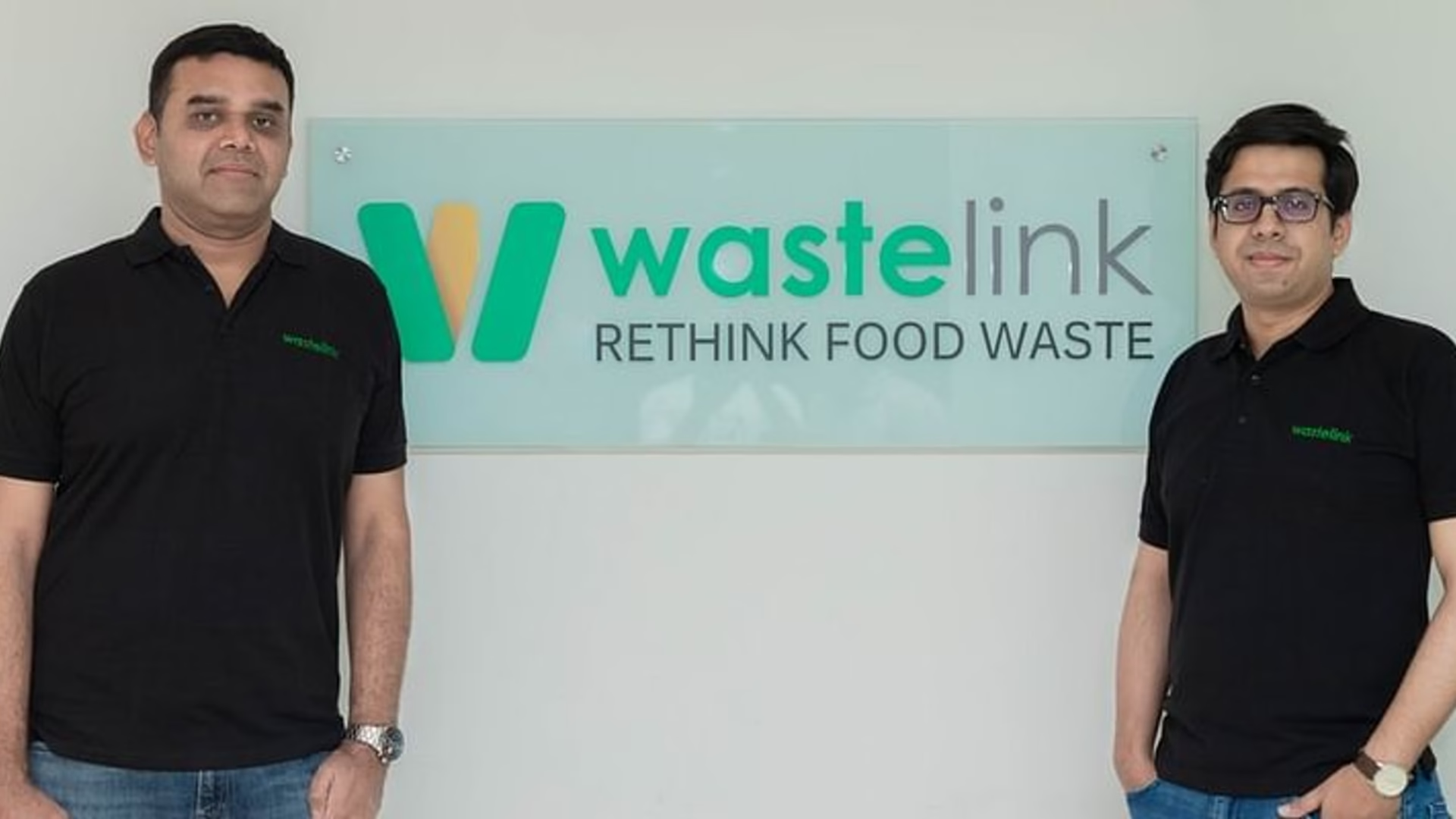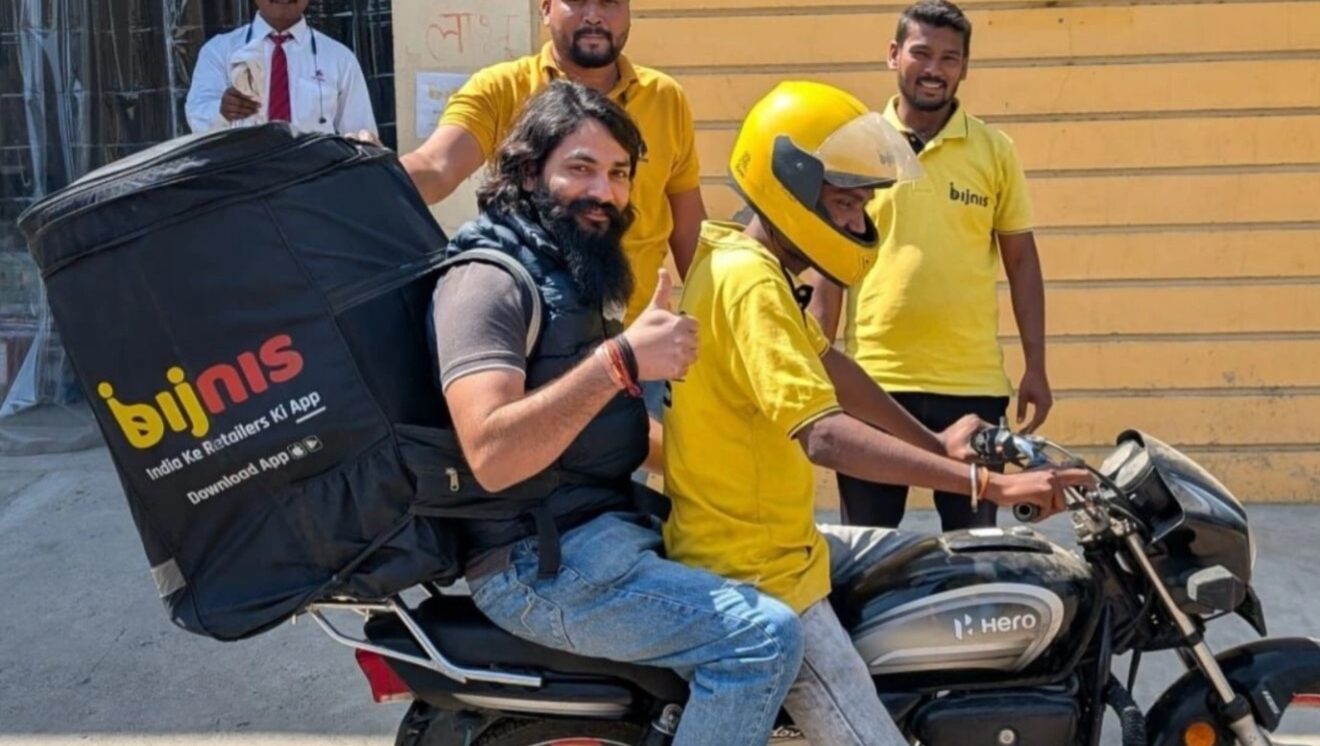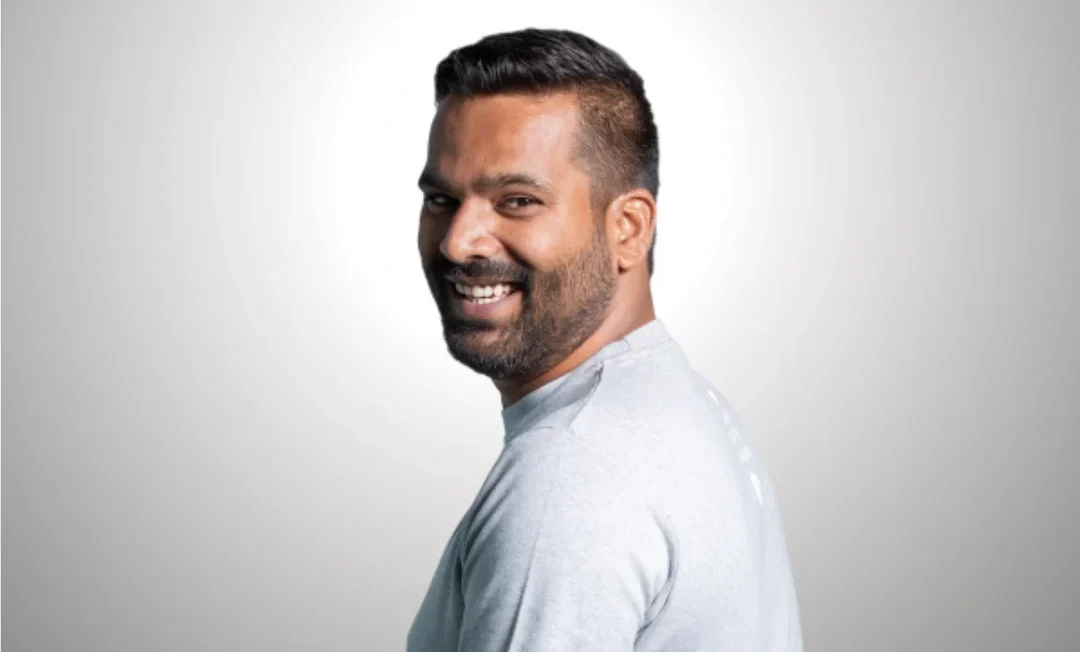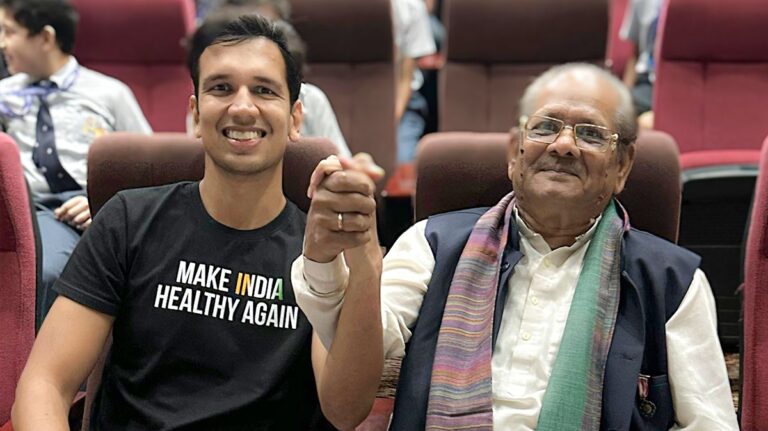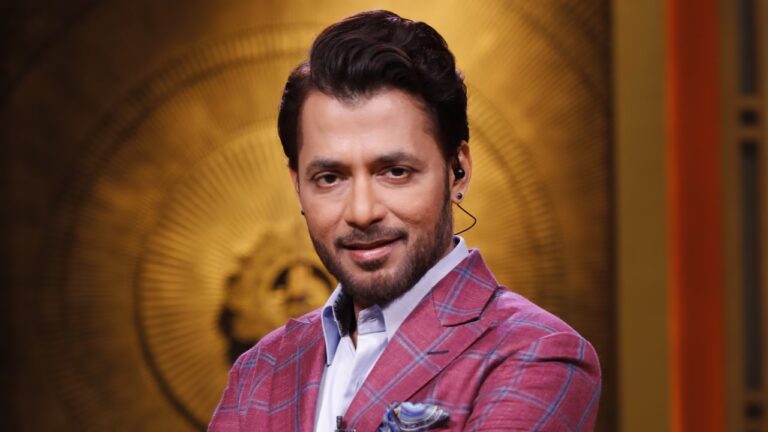The Supreme Court of India has called upon the Centre to take immediate legislative action to regulate obscene content proliferating on Over-The-Top (OTT) platforms and social media. Terming the issue “serious,” a bench comprising Justices B.R. Gavai and A.G. Masih issued notices to the Union government, OTT platforms including Netflix, Amazon Prime, AltBalaji, Ullu Digital, Mubi, and tech giants like Meta, Google, Apple, and X (formerly Twitter).
The Court was hearing a Public Interest Litigation (PIL) filed by journalist and former Information Commissioner Uday Mahurkar and others, who expressed concerns over the unregulated spread of explicit material online. Solicitor General Tushar Mehta admitted that while some regulations are in place, the government is contemplating additional frameworks to address the “perversity” of user content.
Justice Gavai urged the government to “do something… something legislative,” emphasizing the risk of such material corrupting societal values and endangering public safety, particularly the mental health of young minds.
The plea cited the rising exposure to sexually explicit, paedophilic, and incestuous content, which, if unchecked, could erode moral fabric and contribute to crimes against women and children.
Voices from the Ground: A Divided Citizenry
The issue has sparked a strong debate among citizens.
Aman Tyagi, a Gurgaon-based private company professional, supports regulation. “OTT and social media have immense influence over our youth,” Tyagi said. Unchecked obscenity shapes distorted perceptions of relationships and sexuality. We must have reasonable restrictions, not censorship, but accountability. Content creators must recognise their social responsibility.”
Tyagi emphasized that just as traditional media follow codes of conduct, digital platforms should also be held to standards to protect vulnerable audiences without stifling creativity.
On the other side of the spectrum, Bhanu Pratap Singh, an binge watching freelance professional from Prayagraj, voiced concerns about overregulation. “Freedom of expression is a cornerstone of our democracy,” Singh argued. “Not everything that challenges societal norms is obscene. Regulatory overreach could suffocate diverse storytelling and marginalize alternative voices. It’s a slippery slope from necessary regulation to moral policing.”
Government’s Position and the Road Ahead
Solicitor General Mehta recognized the delicacy of the matter, taking care to note the risk of direct censorship but reiterating the requirement of subtle mechanisms for oversight. The Centre noted that fresh regulation is under contemplation, but details were not shared during the hearing.
The case has now been labeled alongside like pending petitions, indicating a potential for the Supreme Court to pursue an all-encompassing framework instead of bit-by-bit intervention.
As the debate unfolds, the nation watches closely, and balancing public protection against constitutional freedoms is the tightrope India has to tread.
Also Read: As a duopoly emerges in OTTs, Rahul Mittra says Theatre and OTTs can coexist












